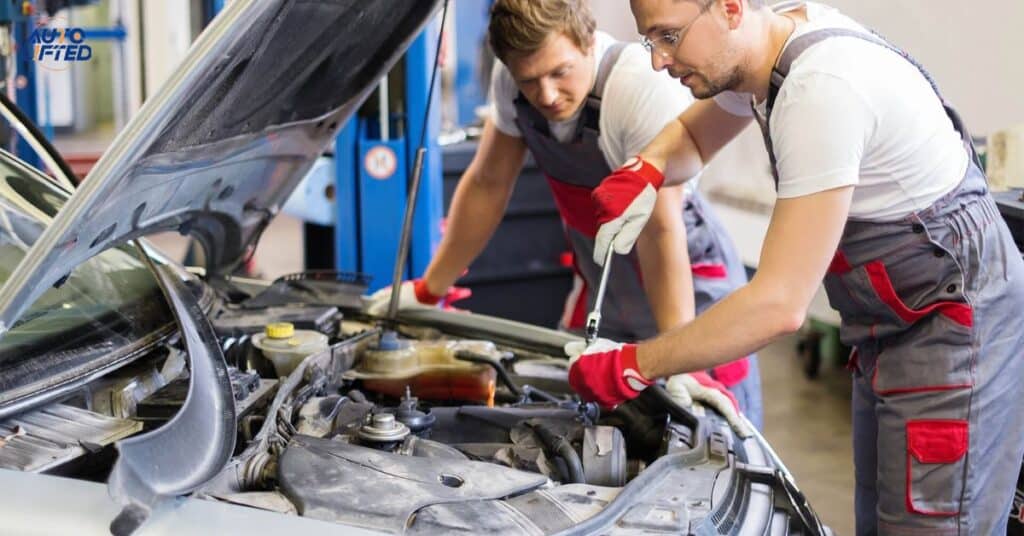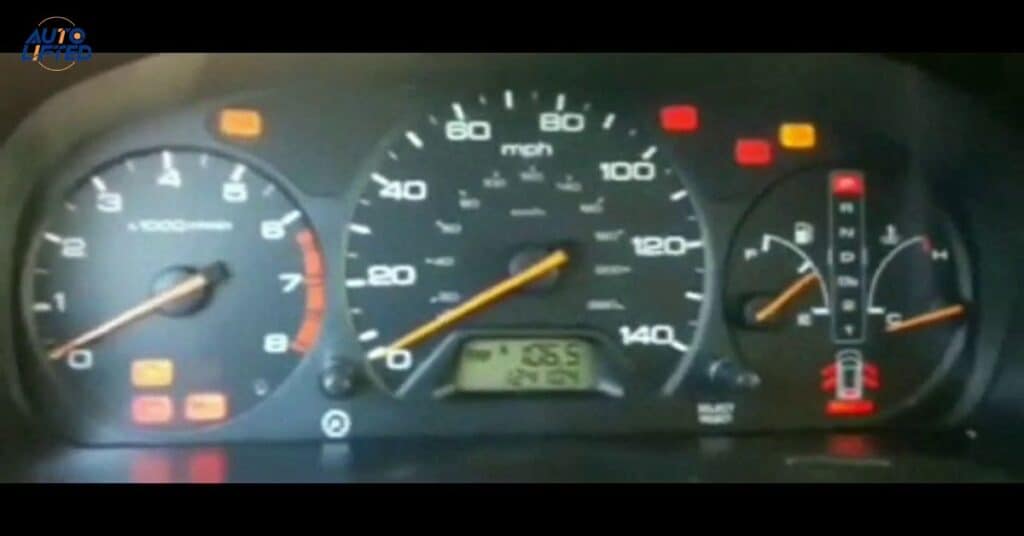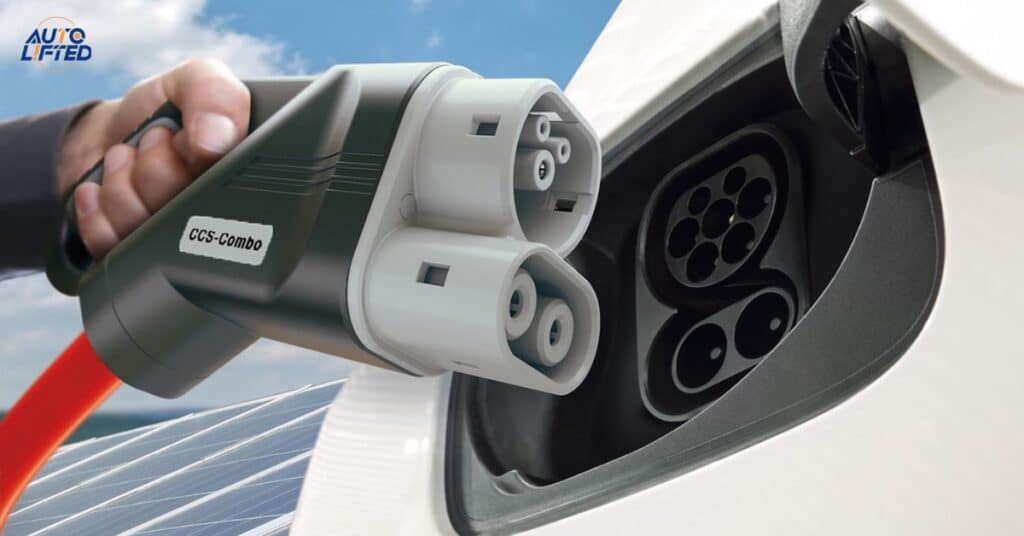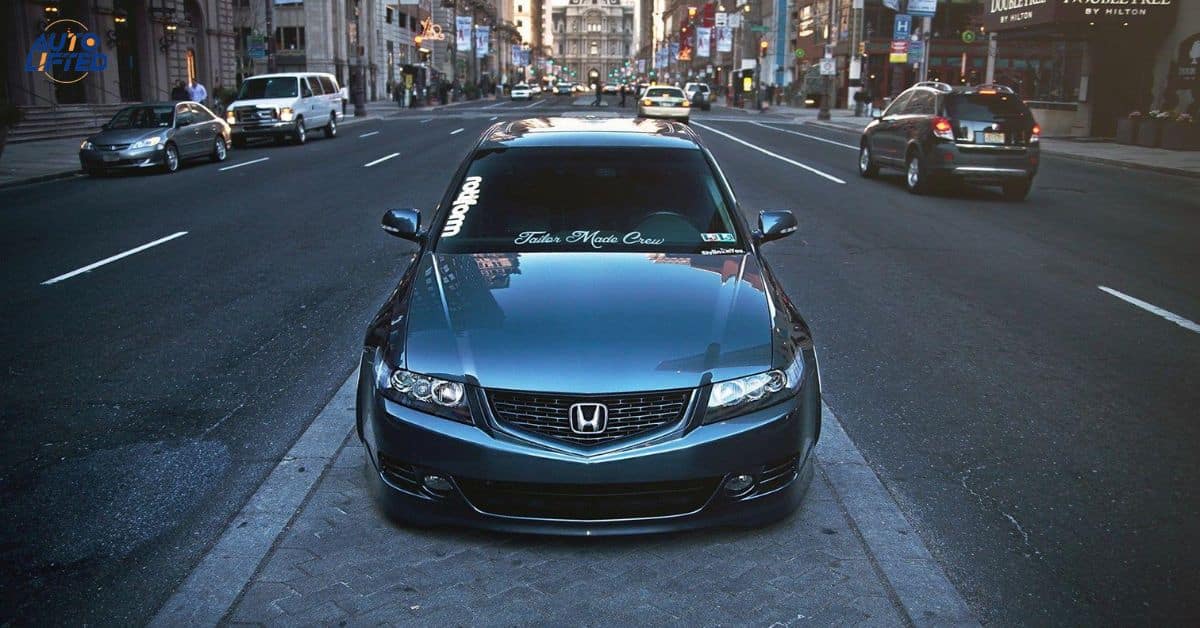A Honda Accord that may not start may be irritating but common causes together with a lifeless battery or faulty alternator can regularly be speedy addressed with simple answers like bounce starting or checking battery connections.
Stranded with a Honda Accord that refuses to budge be anxious not for answers are at hand. whilst your Honda Accord might not start frustration units in however worry now not brief fixes await. Dive into the world of swift remedies and get your wheels rolling again.
Dealing with a Honda Accord that might not begin may be difficult. The not unusual culprits inclusive of a lifeless battery or defective alternator regularly provide sincere treatments. brief solutions like jump beginning or checking battery connections can unexpectedly reignite your journey. don’t permit a stalled begin hose down your spirits discover those short fixes and hit the road with self-belief.
Reasons a Honda Accord Won’t Start
A Honda Accord may fail to start due to various reasons. One common culprit is a dead battery often caused by leaving lights or accessories on overnight draining its charge. Dimming lights or weak cranking sounds are telltale signs of potential battery issues. A faulty starter motor can prevent the engine from cranking properly resulting in a no-start condition. If you hear a clicking noise when turning the key, it may indicate a bad starter requiring attention to resolve the issue.
Dead battery: Leaving lights or accessories on overnight can drain the battery leading to a no-start condition.
Faulty starter motor: A clicking noise when turning the key may indicate a malfunctioning starter motor preventing proper engine cranking.
Fuel system issues: Problems with the fuel pump or fuel injectors can result in inadequate fuel delivery to the engine causing starting difficulties.
Ignition system problems: Issues with spark plugs ignition coils or the ignition switch can disrupt the ignition process leading to a failure to start.
Also read this:Decoding WDROYO Auto Insurance: A Comprehensive Guide 2024
Common Repairs

The are routine maintenance tasks essential for home functionality and safety. These include fixing leaky faucets unclogging drains addressing electrical faults and replacing worn-out fixtures. Prompt attention to these issues prevents further damage and ensures resident comfort. By tackling common repairs promptly homeowners safeguard property value and develop valuable maintenance skills.
Plumbing issues: Such as repairing leaks unclogging drains and replacing fixtures.
Electrical problems: Including troubleshooting faulty wiring, replacing outlets or switches and fixing lighting fixtures.
Schedule an appointment
Scheduling an appointment involves arranging a set time for a meeting service or activity. Here are three key points to consider:
Purpose: Determine the reason for the appointment it’s for a medical check-up a repair service or a business meeting. Clarifying the purpose helps streamline the scheduling process.
Availability: Check your own availability as well as that of the person or service you need to meet with. Find a mutually convenient time slot to ensure the appointment can be honored by all parties involved.
Confirmation: Once the appointment is scheduled it’s essential to confirm the details including the date time location and any specific requirements. This helps avoid misunderstandings and ensures that everyone is on the same page.
Scheduling appointments efficiently is key to managing time effectively and ensuring smooth coordination of tasks and activities.
What to expect when your Honda Accord won’t start
When your Honda Accord won’t start, several factors could be at play requiring troubleshooting to determine the issue. It checks the battery for any signs of corrosion or depletion as a weak or dead battery is a common cause. The inspect the ignition system including the starter motor and ignition switch, to ensure proper functioning.
The examine the fuel system for any clogs or issues with fuel delivery to the engine. If these components appear fine consider checking the alternator or other electrical components for potential faults. It’s also advisable to consult the owner’s manual for specific troubleshooting steps and contact a certified Honda technician if the problem persists ensuring accurate diagnosis and prompt resolution.
How is a no-start diagnosis fixed?

Diagnosing a no-start issue involves a systematic approach to pinpointing the underlying problem. Here’s how the diagnosis is typically fixed:
Diagnostic Testing: A technician will conduct various tests such as checking the battery inspecting the ignition system and scanning for error codes using diagnostic tools to identify the root cause accurately.
Component Replacement or Repair: Depending on the diagnosis faulty components may need to be replaced or repaired. This could involve installing a new battery fixing the starter motor or addressing issues with the fuel system or ignition components.
Verification and Testing: After repairs or replacements are made the vehicle undergoes further testing to ensure the problem has been resolved effectively. This may include starting the engine multiple times and monitoring for any recurring issues to confirm the fix’s success.
Repair Pal Recommendations for a no start diagnosis
Repair Pal recommends several steps for diagnosing a no-start issue in a vehicle:
Check Battery: Start by inspecting the battery for signs of corrosion or low charge. A weak or dead battery is a common cause of no-start problems and may require charging or replacement.
Test Starter and Ignition System: Evaluate the starter motor ignition switch and spark plugs to ensure they are functioning correctly. Faulty ignition components can prevent the engine from starting and may need repair or replacement.
Scan for Error Codes: Utilize diagnostic tools to scan the vehicle’s computer system for error codes. These codes can provide valuable insights into potential issues with sensors, fuel delivery or other systems that may be causing the no-start condition. Following these recommendations can help identify and address the underlying problem effectively.
Related Honda Accord Problems
Related Honda Accord Problems encompass a range of issues commonly experienced by Honda Accord owners. These may include:
Transmission Problems: Such as premature transmission failure or jerking during gear shifts often requiring repair or replacement.
Electrical Issues: Including malfunctioning power windows faulty ignition switches or problems with the vehicle’s electrical system that may cause intermittent starting issues.
Engine Troubles: Such as oil consumption engine misfires or problems with the VTC actuator which can affect engine performance and reliability. Addressing these related problems promptly with the help of a qualified mechanic ensures the continued smooth operation of the Honda Accord and prevents further complications.
What “Check Charge System” Means in a Honda Accord

What ‘Check Charge System’ means in a Honda Accord is an indication of potential issues with the vehicle’s charging system primarily concerning the battery and alternator. When this warning message appears, it signifies that the car’s electrical system is not receiving sufficient power or that there may be a malfunction in the charging components.
Common causes include a failing battery a faulty alternator or problems with the charging cables or connections. Ignoring this warning can lead to further electrical system malfunctions resulting in potential breakdowns or starting difficulties. It’s crucial to address this warning promptly by having the charging system inspected by a qualified technician to diagnose and resolve any underlying issues.
How to Find Your 2001 Honda Accord Radio Code
To find the radio code for your 2001 Honda Accord you can follow these steps:
Check the Owner’s Manual: The radio code may be written in the owner’s manual or on a card provided by the dealership when the car was purchased.
Check the Glove Box: Some Honda vehicles have a sticker with the radio code located inside the glove box.
Contact the Dealership: If you cannot locate the radio code you can contact your local Honda dealership with your VIN number and proof of ownership to retrieve the code.
Use Online Resources: Some online platforms offer radio code retrieval services using your VIN number and serial number of the radio.
How Does a Supercharger Work?
A supercharger works by compressing air and forcing it into the engine’s combustion chamber at a higher pressure than atmospheric pressure. This process increases the amount of air available for combustion allowing more fuel to be burned and thus generating more power.
Typically belt-driven a supercharger is powered by the engine’s crankshaft and consists of an impeller or rotor inside a housing. As the impeller spins it draws in air and compresses it before delivering it to the engine. This compressed air results in improved engine performance, with increased horsepower and torque output. Superchargers are commonly used in high performance vehicles to enhance acceleration and overall engine power.
Common Causes for Honda Check Engine Light

The Honda check engine light can illuminate due to various issues including:
Faulty Oxygen Sensor: A malfunctioning oxygen sensor can affect fuel efficiency and emissions triggering the check engine light.
Loose or Faulty Gas Cap: A loose or damaged gas cap can cause fuel vapor leaks leading to the check engine light coming on to indicate a potential issue with the evaporative emissions system.
Catalytic Converter Problems: Issues with the catalytic converter such as deterioration or inefficiency can trigger the check engine light due to emissions-related concerns.
Addressing these common causes promptly by diagnosing and repairing the underlying issues ensures optimal engine performance and emission compliance in Honda vehicles.
Frequently Asked Questions
Why is my Honda Accord suddenly not starting?
Your Honda Accord may suddenly not start due to various reasons such as a dead battery faulty starter motor or issues with the ignition system.
What are the most common reasons a car won’t start?
The most common reasons a car won’t start include a dead battery faulty starter motor and problems with the fuel system or ignition.
Why is my Honda turning over but not starting?
Your Honda may be turning over but not starting due to issues with the fuel system, ignition system, or engine compression requiring further diagnosis by a mechanic.
When your car turns on but won’t start?
When your car turns on but won’t start it may indicate problems with the fuel system ignition system or engine compression necessitating further investigation by a qualified mechanic.
When my car turns over but won’t start?
When your car turns over but won’t start it could be due to issues with the fuel system ignition system or engine compression requiring professional diagnosis and repair.
Conclusion
When faced with a Honda Accord that won’t start it’s essential to consider common culprits like the battery starter motor and ignition system. By conducting systematic troubleshooting and addressing issues promptly such as checking for a dead battery inspecting the starter motor and testing the ignition system owners can often resolve the problem efficiently.
The ensuring proper maintenance including regular battery checks and tune-ups can prevent future starting issues. For more complex problems seeking assistance from a qualified mechanic equipped with diagnostic tools ensures accurate diagnosis and effective solutions restoring the Honda Accord to reliable operation.

Passionate automotive enthusiast sharing insights, tips, and stories from the world of cars. Join me on an exhilarating journey through the roads of automotive excellence.
